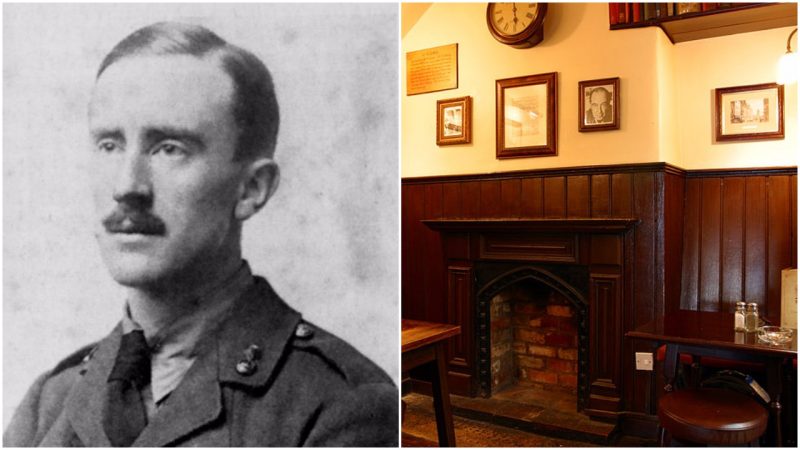John Ronald Reuel Tolkien is praised as the greatest revivalist of the fantasy genre and the founder of modern high-fantasy literature.
Tolkien’s seemingly endless imagination produced several seminal masterpieces, including The Silmarillion, The Hobbit, and the universally acclaimed The Lord of the Rings.
Tolkien’s works generated most of their worldwide fame after the writer’s death, and have earned such a gargantuan amount of money that, in 2009, the business magazine Forbes ranked him the fifth highest-earning deceased celebrity.
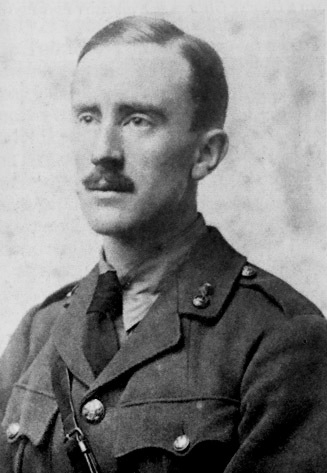
Aside from being a prolific writer and poet, Tolkien enjoyed a lengthy career as a respected university professor and earned a reputation as one of the most renowned linguists in the world. In his teaching career, which spanned 50 years, Tolkien taught at several prestigious English universities, including the University of Leeds and both Pembroke and St. John’s Colleges at Oxford.
Tolkien took up a position as a professor of English language at the University of Leeds in 1920. Before that, he worked at the Oxford English Dictionary after his demobilization from the Royal Army. His job there consisted of research on the history and etymology of words with Germanic origins beginning with the letter “W.”
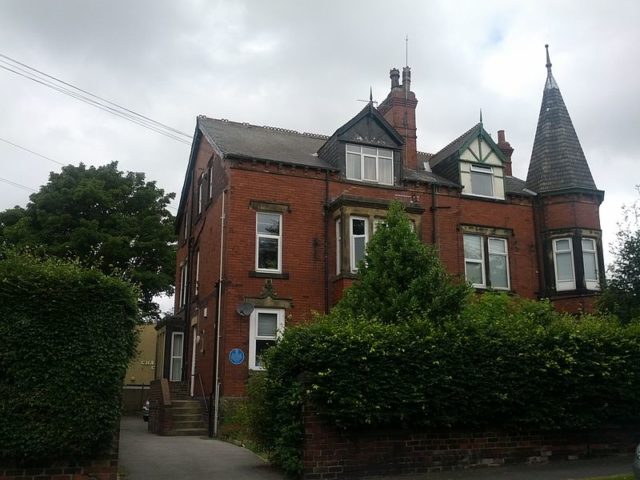
While teaching at the University of Leeds, he compiled a huge dictionary of Middle English and finished a translation of the famous epic Beowulf, which was published by his son in 2014, more than 80 years after it was written. Tolkien also established a close friendship with Eric Valentine Gordon, a fellow professor at Leeds and an expert in the Medieval Germanic language. The two produced several acclaimed literary collaborations and remained friends until Gordon’s untimely death in 1938.
The shared academic interests of the two friends inspired them to found the Viking Club, an informal club for philologists and historians who specialized in Germanic or Scandinavian languages. The members included both students and faculty, and the meetings of the club took place at local pubs and at a club hall on the premises of the University of Leeds.
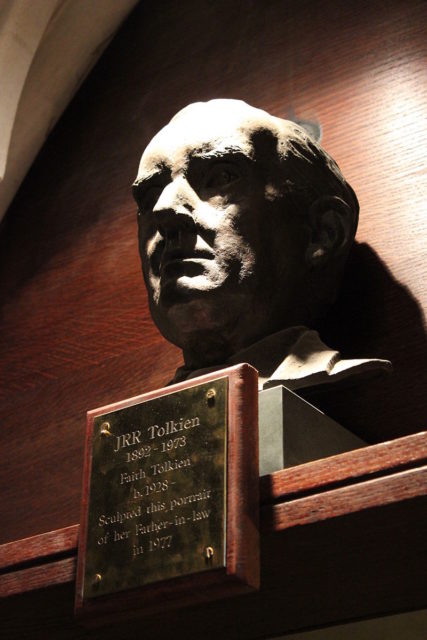
Members of the Viking Club would regularly meet to read Old Icelandic sagas, medieval poetry, and excerpts from texts on Norse mythology. They would also write original poems and songs in Old English, Old Norse, Gothic, and several other extinct languages. The discussions and literary efforts of the members were often accompanied by hearty drinking of a variety of traditional liquors. Because of their informal nature, the evenings of the Viking Club were often drunken and loud, and sometimes they even ended with a full-fledged brawl.
Furthermore, Tolkien and Gordon used the meetings of the Viking Club to compile a collection of their own works in Germanic languages and publish it as Songs for the Philologists. The collection included 30 poems, 13 of which were written by Tolkien, and was printed privately by the members of the English Department at University College London.
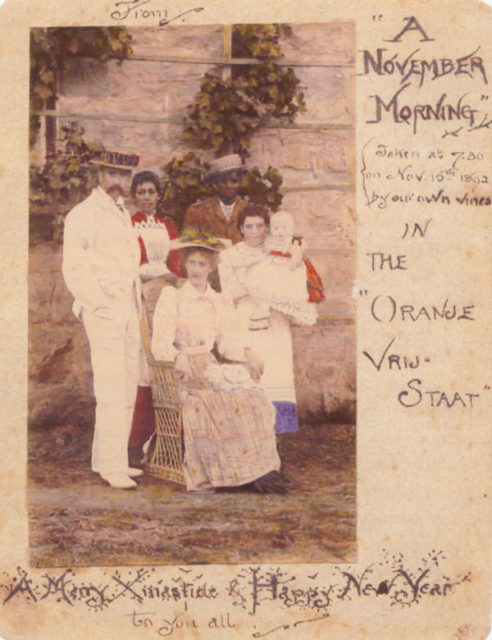
Some copies of the book were distributed to Tolkien’s and Gordon’s friends and the rest of the printed copies were kept in a private library in London. Sadly, at the beginning of World War II, a fire destroyed the library and all copies of the book. Tolkien researchers estimate that only 14 books survive in private collections around the world. As a result, Songs for the Philologists is the Tolkien-related book that is the rarest and most difficult to find.
The Viking Club dissolved in 1938 after Gordon unexpectedly died of complications during a regular gallbladder operation. Tolkien was shocked by his death and cited him as one of his dearest friends for the rest of his life.
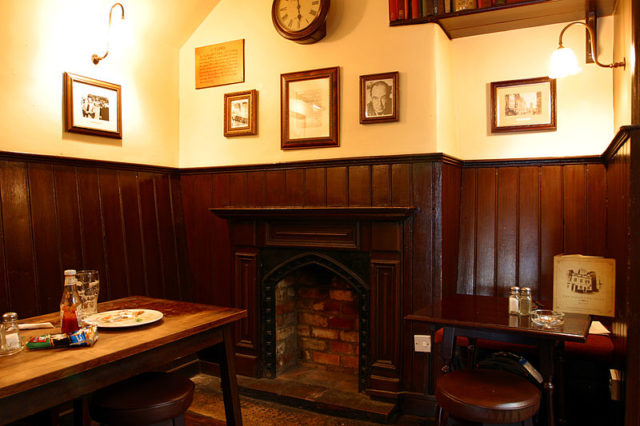
In addition to the Viking Club, Tolkien was a member of several other clubs and societies over the course of his life. Most notably, he was a prominent member of the “Inklings,” a prominent literary theory and discussion group at Oxford University that included C.S. Williams, G.K. Chesterton, and Hugo Dyson.
The Inklings also enjoyed a variety of strong alcoholic drinks during their discussions; they frequently gathered at the renowned Oxford pub named Eagle and Child and their meetings no doubt resembled the evening festivities of dwarves and hobbits.
